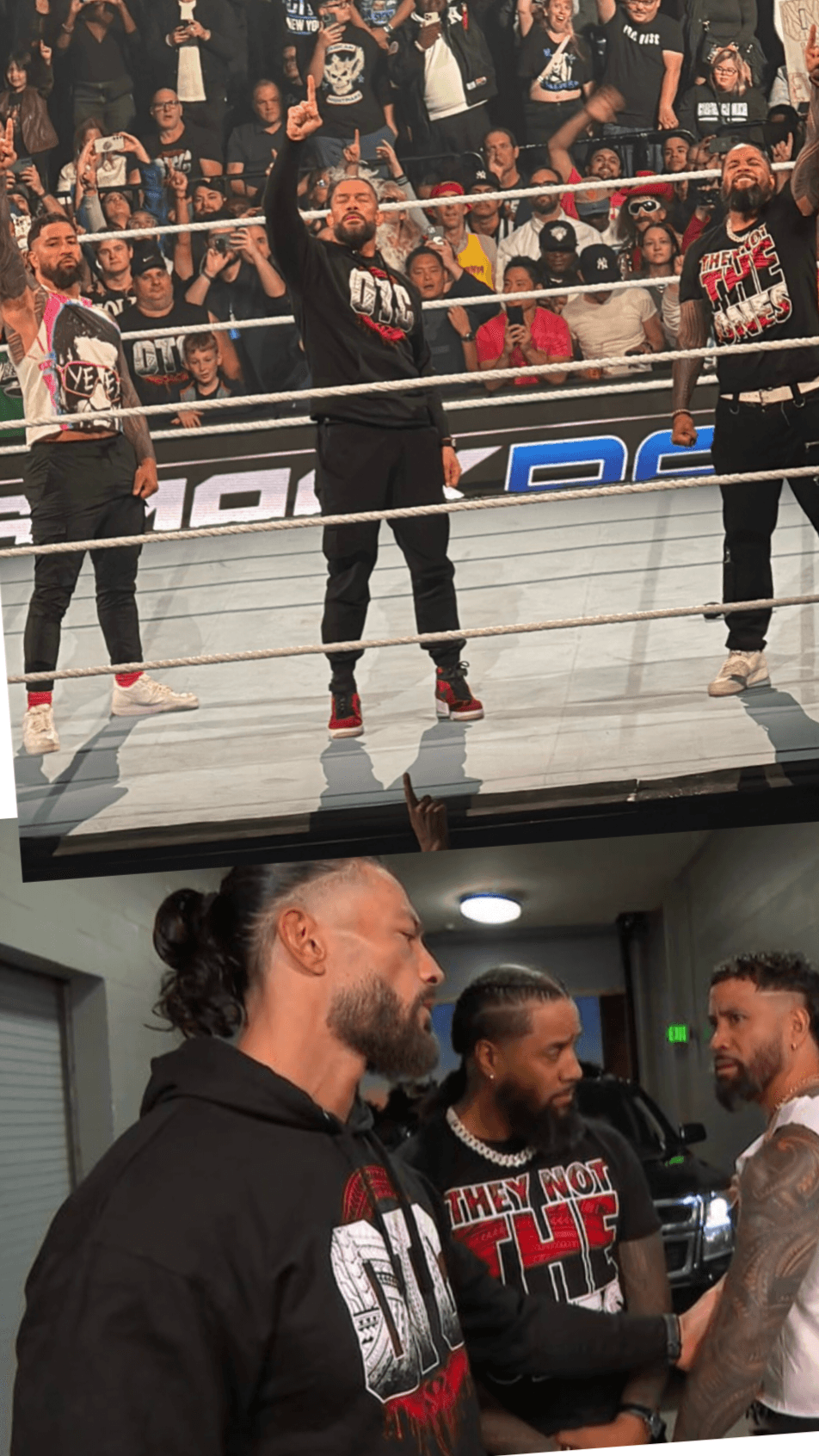Here’s a revised version of your perspective in an extended format:
—
Roman Reigns has been portrayed as a complex character who’s evolved from a dominant, untouchable champion into someone with deep, conflicting emotions. His redemption arc, if it’s going to happen, shouldn’t involve him being betrayed again. Another betrayal would likely reinforce his mistrust, making him more guarded, aggressive, and unwilling to open up to others. For Roman, the path to redemption has to start in a different way.
If we examine Roman’s character up to this point, much of his inner turmoil comes from past experiences, especially Seth Rollins’ betrayal, which left a lasting scar. Roman’s persona revolves around control, power, and loyalty. But another betrayal at this stage would likely push him further into darkness, reinforcing his belief that he can’t trust anyone outside his circle. Instead of guiding him toward redemption, it would send him over the edge, making it harder for him to accept love, forgiveness, or vulnerability.
The foundation for Roman’s redemption has to be built on restoring his fractured relationships, starting with the people he once had the closest bond with: The Usos. Unlike outside forces who have tried to hurt him, The Usos represent family, trust, and love—factors that have played a significant role in his journey. Rebuilding his relationship with The Usos could show Roman that not everyone is going to abandon or betray him. It’s a reminder that he still has people who care about him, even if he’s made mistakes in the past.
This process shouldn’t happen overnight. Redemption for someone as complex as Roman should be gradual, with moments of vulnerability balanced by his usual reserved, intense demeanor. War Games could serve as the perfect platform to plant the seeds for his redemption. In this environment, where Roman is surrounded by both allies and enemies, he could start to realize the importance of his family and what they’ve sacrificed for him. The match might lead to moments of trust, forgiveness, and cooperation that subtly begin to break down his defenses.
Through War Games, we might see Roman start to question his previous choices, particularly regarding his treatment of The Usos. This environment is ideal for Roman to recognize the strength of family bonds and loyalty, and it allows him to see his cousins not as followers but as equals who have supported him unconditionally. Perhaps, during the match, The Usos step in to protect him or show him loyalty in a way that hits close to home, sparking the initial changes within Roman.
By the time War Games ends, the journey toward redemption would be set in motion, but it would be only the beginning. For Roman, there’s a long way to go in terms of rebuilding relationships and restoring the trust he’s lost. The storyline could follow Roman’s slow transformation, showing him reaching out to his family, apologizing, and ultimately understanding that strength isn’t just about dominance but also about acceptance and forgiveness.
In conclusion, Roman’s redemption arc should be gradual and grounded in the dynamics he shares with his family, starting with The Usos. Instead of enduring another betrayal that would only deepen his mistrust, Roman needs to be reminded that there are people who genuinely care for him. War Games would be an ideal setting to begin this shift, allowing Roman to start a journey that will reshape his character in a powerful, memorable way.
